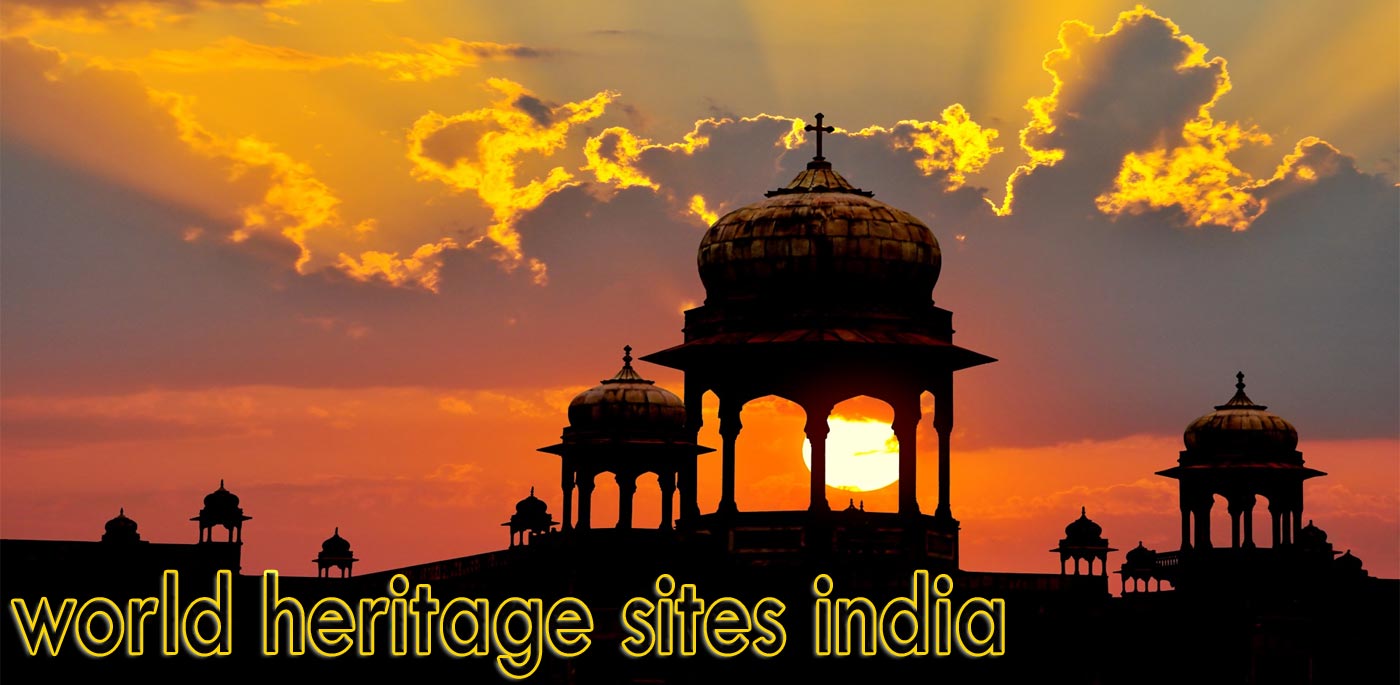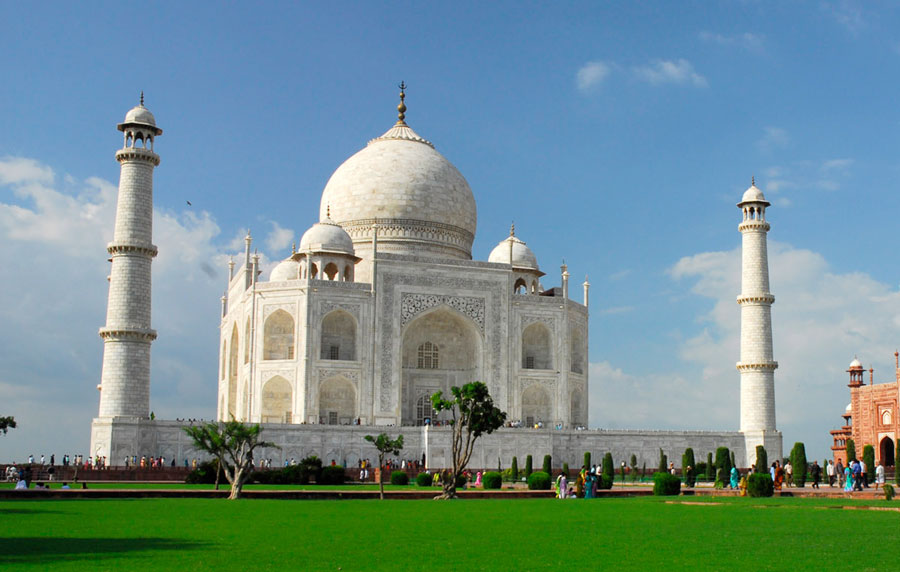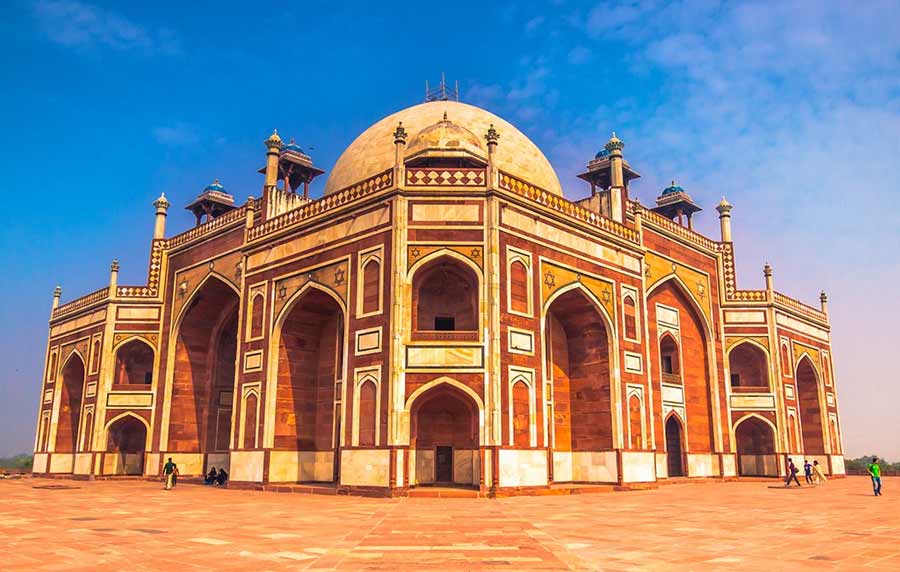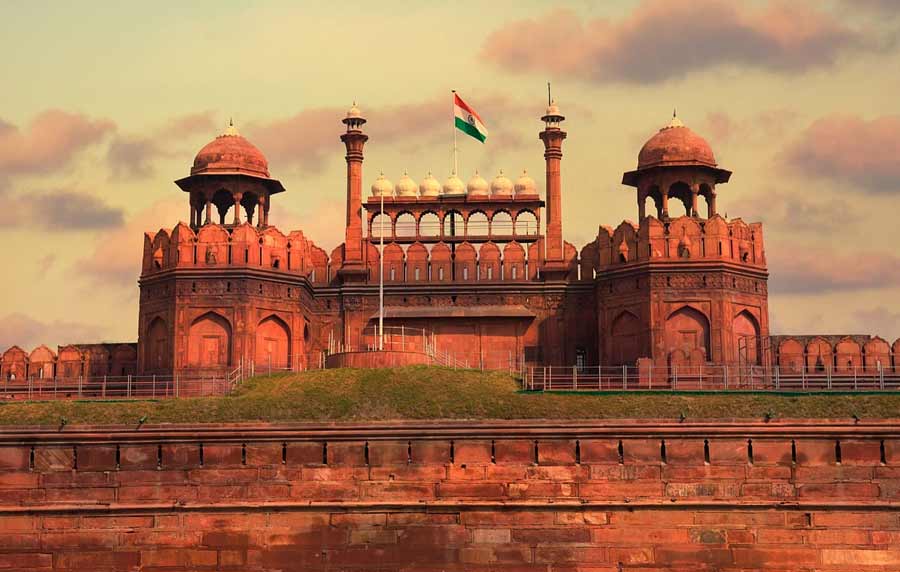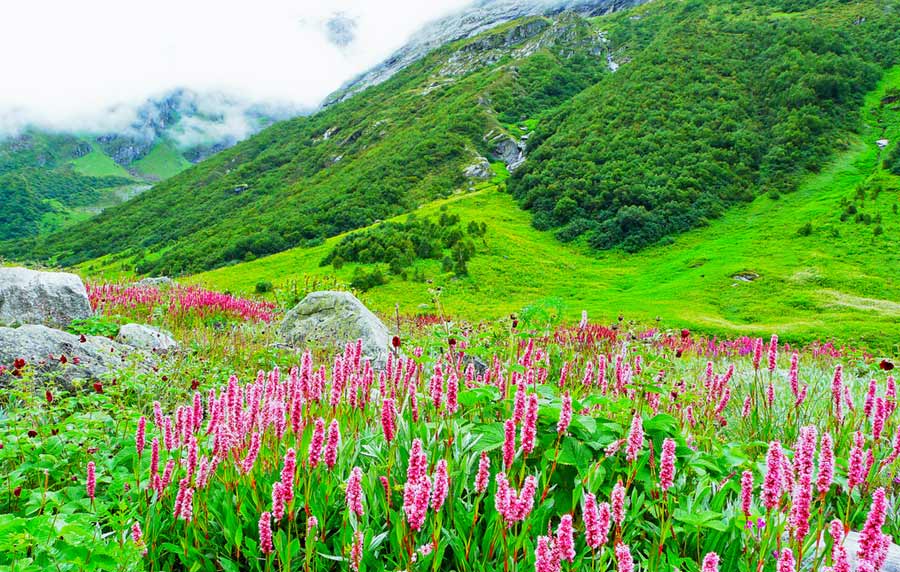Mountain Railways of India
The mountain railways of India are the railway lines that were built in the mountains of India. Three of them, the Darjeeling Himalayan Railway, the Nilgiri Mountain Railway, and the Kalka–Shimla Railway, are collectively designated as a UNESCO World Heritage Site under the name Mountain Railways of India. The fourth railway, the Matheran Hill Railway, is on the tentative list of UNESCO World Heritage Sites. All four are narrow-gauge railways, and the Nilgiri Mountain Railway is also the only rack railway in India.
Some mountain railways such as the Lumding–Badarpur section have been converted to 1,676 mm (5 ft 6 in) broad gauge, which is the nationwide standard, while some railways such as the Kangra Valley Railway are in the process of being converted to broad gauge. Some mountain railways, such as the Jammu–Baramulla line, are currently under construction, and others are in the planning stage, such as the Bilaspur–Manali–Leh line, the Jammu–Poonch line, the Srinagar–Kargil–Leh line, and the Chota Char Dham Railway. All the mountain railways constructed in recent times use 1,676 mm (5 ft 6 in) broad gauge.
UNESCO World Heritage Sites India
The United Nations Educational, Scientific and Cultural Organization (UNESCO) World Heritage Sites are important places of cultural or natural heritage as described in the UNESCO World Heritage Convention, established in 1972. There are 37 World Heritage Sites located in India. These include 29 cultural sites, seven natural sites and one mixed site. India has the sixth largest number of sites in the world. Recently, Orchha is enlisted in the tentative list of UNESCO. The Seventh Wonder of the World and a UNESCO World Heritage Site, Taj Mahal is not merely a site that brings us to the pages of history; it is an epitome of true love, brilliant architecture and artistic precision. The white-marble mausoleum was commissioned by Shah Jahan for his wife, Mumta Mahal, way back in 1632. And to complete the masterpiece it took about 22 years and as much as 20,000 artisans.
 +91 9799050299
+91 9799050299 

